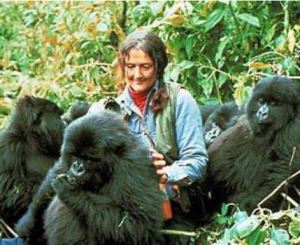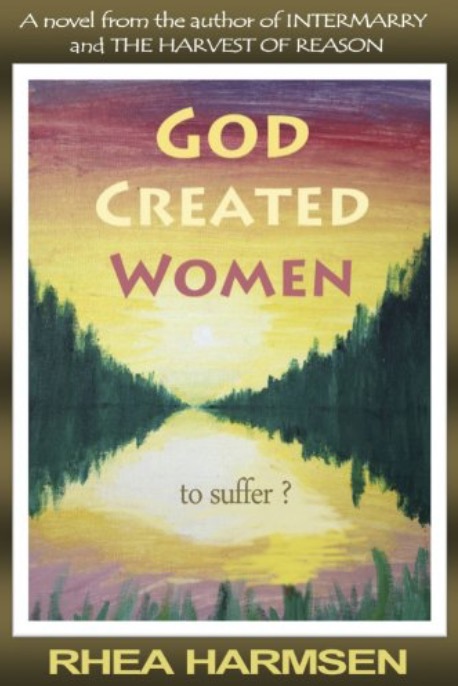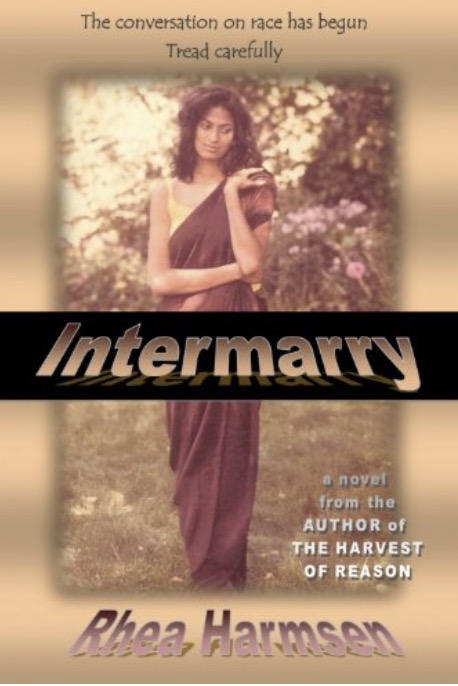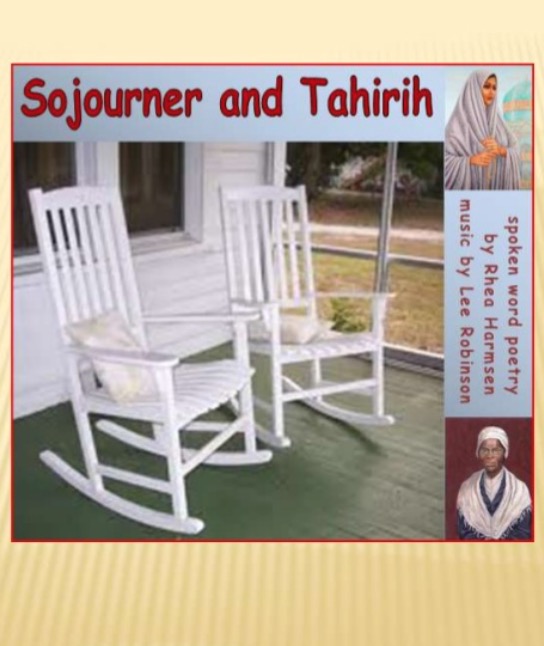Pioneer Primatologist Diane Fossey, one of
“The Paradigm Shifters” of Science [1]
In 1912 a Middle Eastern traveler to the United States by the name of ‘Abdu’l-Bahá made some farsighted pronouncements concerning the role of women. He had spent his life mentoring both Eastern and Western women to achieve their full capacities and render great services to humanity. In a talk in Boston, Massachusetts, he specifically encouraged women to “devote their energies and abilities toward the industrial and agricultural sciences” and seek to assist humankind “in that which is most needful.”[2]
‘Abdu’l-Bahá’s thesis was that women could bring a unique dimension to these fields, due to qualities of character in which they excel. Among these qualities are intuition and receptiveness, mental alertness, “abundance of mercy and sympathy,” concern for “the needy and suffering,” and “greater moral courage.” [3]
A survey of the contributions women have made in some of these fields reveals women scientists who have, indeed, exemplified qualities in which ‘Abdu’l-Bahá says women excel. When entering previously male-dominated fields they have evinced ground-breaking influence not only by their accomplishments but also by methods and motivations that contrasted those of previous practitioners.
“Concern for the Needy and the Suffering”
In Diane Fossey’s efforts one sees an illustration of the qualities of “mercy and sympathy” and “concern for the needy and the suffering” that ‘Abdu’l-Bahá extolled in women and that would help scientists focus not only on the knowledge to be gained through scientific investigation but also on the needs surrounding the object under study. When Fossey began studying gorillas in 1966. she also used the empathetic approach; for her the individuality of the apes was paramount. Because so little was known about gorillas, her dissertation became the baseline for understanding the species.
According to Science writer Virginia Morrell, “Fossey saw things primatologists had never viewed: female gorillas transferring between groups; males killing infants to bring females into heat; gorillas eating their own dung to recycle nutrients.”[1]
But Fossey became so deeply engrossed with the animals she was studying that she crossed the line from dispassionate observer and began to question the usefulness of her research in light of the fact that gorillas were so endangered (at the time they numbered only 250). Her heartbreaking and often gruesome encounters with poaching led her to dedicate herself aggressively to conservation work and to protecting the gorillas from poachers. Her anger at their condition fueled her international campaign, until she was murdered in 1983. She is credited with having made the world aware of the plight of the gorillas.
Primatologist George Shaller commented on the impact of the path-breaking work of Goodall and Fossey, saying that these primatologists “taught science that the great apes are true individuals… They have given us an empathy with our closest relatives, and that is the only thing that will save these animals in the end.”[2] The “empathy” that was used as a tool of scientific research seems to have become transformed here into a “mercy” and “concern for the suffering” that triggered a successful conservation movement.
According to Morell, Fossey’s [story] raises the issue of what values scientists heed. Many studies have shown that a key difference between men and women is that men often place a high value on theoretical values–knowledge for its own sake–while women tend to evaluate knowledge according to its usefulness. In Fossey’s case, the two types of values were intertwined from the beginning—since her scientific interest in the gorillas was triggered by a passion for wildlife and a desire to make a difference in the world.”[3]
[1] Morell, “Called ‘Trimates,” Science, 260 (1993):423.
[2] Cited in Morell, “Called ‘Trimates,” Science, 260 (1993): 425. (1995), 16-22.For a more detailed description of Jane Goodall’s discoveries, see Jane Goodall, Through a Window, My Thirty Years with the Chimpanzees of Gomba (Boston: Houghton, 1990). For a morecomplete treatment of Diane Fossey’s work, see Parley Mowat, Woman in the Mists: The Story of Diane Fossey and the Mountain Gorillas of Africa (New York: Warner, 1987) 380.
[3] Cited in Morell, “Called ‘Trimates,” Science, 260 (1993): 424.
____________________________________
Stay tuned for more during WOMEN’S HISTORY MONTH. This was Part 3 of 5 from Science in the Hands of Women – The Paradigm Shifters
Also check out my novel about a working scientist, Maddie Hawkins, and see what kinds of trouble she gets herself into.

















